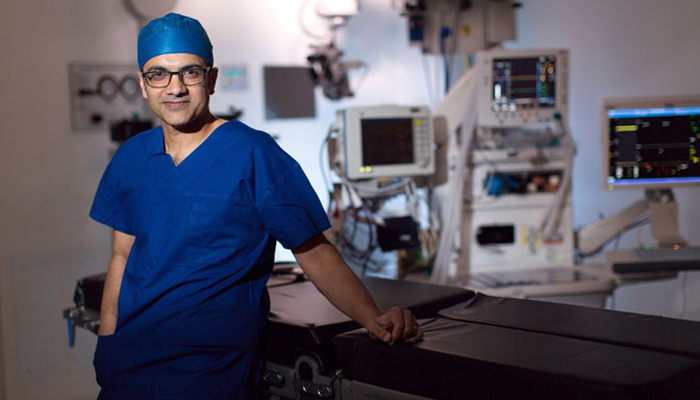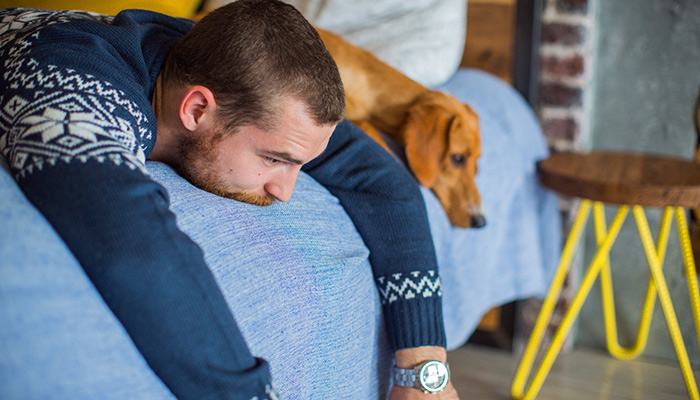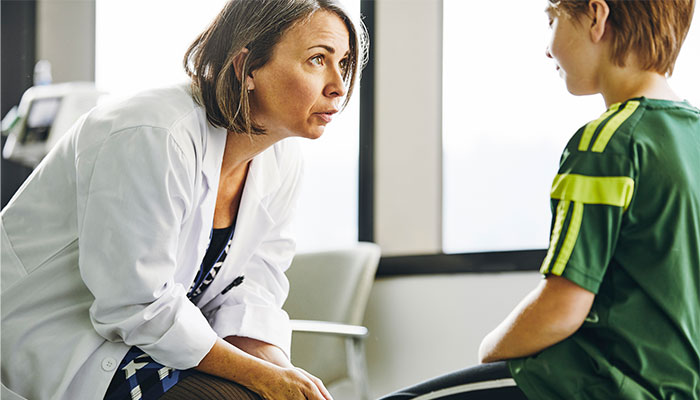Why do we have political leaders who don’t understand science, economics or diplomacy? How did talk show hosts and shock jocks become our sources of knowledge?
I’m beginning to think that this might be our fault, and here’s why.
The modern world is a really complex place. Almost everything is complicated, difficult, and hard to understand. But there is an interesting problem with humans and hard topics. It’s called the Dunning-Kruger effect.
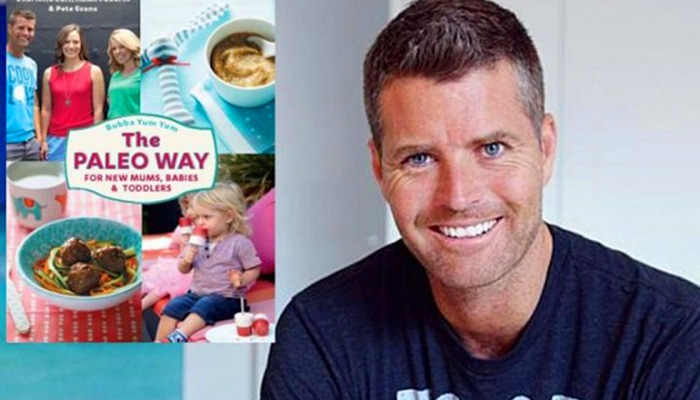
Celebrities such as chef Pete Evans are known for giving health advice in books, their own websites and the media.
It works this way: Give people a test. Doesn’t matter what it’s about. It can be on grammar, or psychology, or critical thinking. Then rank the people according to how they performed on the test. Now ask them how well they think they did, or how good they are in general on that topic.
You would think that people could recognise when they are not very good at something. But that is not what actually happens. People who are below average vastly overestimate their performance. And strangely, people who do really well underestimate theirs.
So experts are not completely confident in their knowledge, perhaps because they understand how complex a topic is, and just how much there is to know. In contrast, the incompetent do not even have enough knowledge to judge their own incompetence.
Think about it this way: How often have you seen people singing on TV talent shows who clearly cannot hold a tune? They genuinely think they have a good voice. But, because they are tone-deaf, they simply don’t have the skills to judge who is a good singer and who is not.
And here is where the greater social problem arises. Because the world is a complex place, we cannot hope to be up to date or have expertise in lots of different areas. One way of keeping informed is to listen to an expert. But then the key skill we need is the ability to choose who to listen to. And if we are incompetent in that field, we have no way to judge who is an expert and who is not.
Unfortunately, the only way to improve our skills in picking experts is to learn something about the area of expertise. So we are caught in something of a Catch-22. We can’t know everything, and our ability to choose the right people to tell us about things we don’t know is paralysed by our own lack of knowledge.
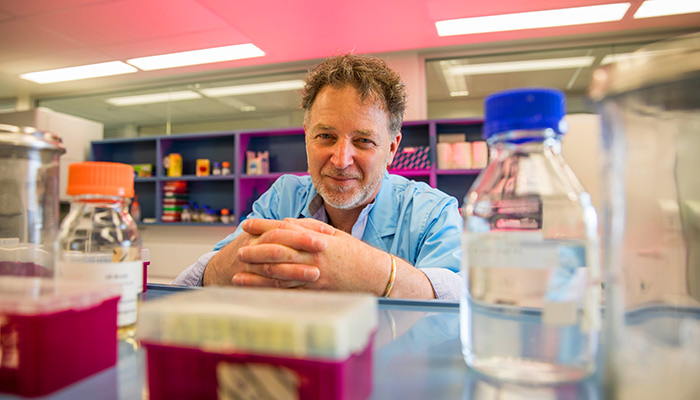
Professor Michael Gillings says trust in expert authority needs to be renewed.
That is why we often listen to the loudest voice. That is why we listen to people with no expertise in medicine or immunology who tell us that vaccination is bad. The echo chambers of social media perpetuate the lies and idiocies of flat-Earthers, creationists and climate denialists. Shysters promote the myths of miracle waters or therapies based on non-existent energy fields.
Sometimes we are told that ideas like these are a matter of opinion. But they are not. An opinion is whether the latest blockbuster movie is any good, or if PCs are better than Macs. Don’t be so entitled to think that your ‘opinion’, no matter how well-intentioned, deserves equal time or consideration with that of someone who has spent their life studying the subject. If you want to know about climate, ask a climate scientist, not a radio commentator or politician. After all, you don’t buy sausages from the mechanic, or get the butcher to tune your car.
This is not a trivial problem. Choosing the wrong ‘experts’, the wrong leaders, and the wrong decision makers has costs, some of which we can see being played out in the world right now. Decisions based on an inflated view of our own competencies can have serious consequences far into the future.
There is a way past this problem though. Each area of expertise has its own population of experts, and these people are qualified to judge the expertise of their peers. And in general, if a group of experts agrees on something, you can be confident that it is true.
But entitlement to ‘my opinion’ and the growing view that expert authority is elitist and untrustworthy stands in the way of this solution. Such denialism threatens to erode modern society. To protect against this decay we need to renew people’s trust in specialists. Precisely how we go about this is a very tricky problem indeed.
Professor Michael Gillings is from the Department of Biological Sciences in the Faculty of Science and Engineering.

